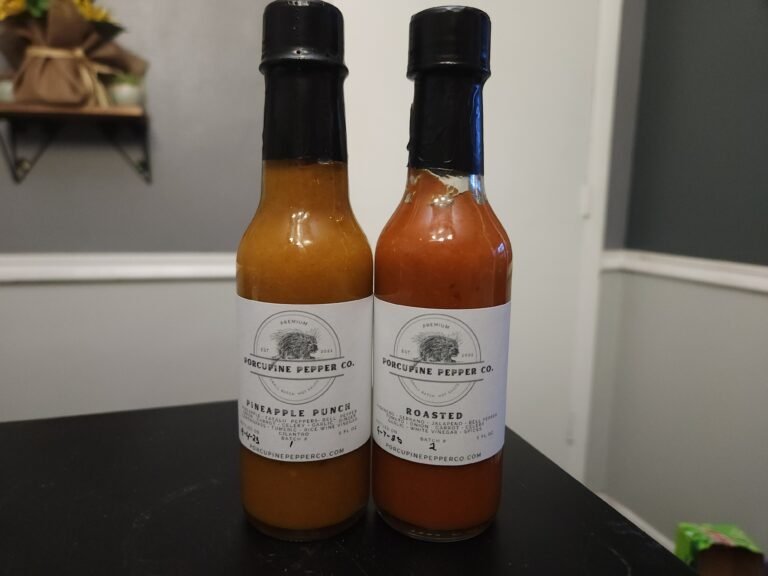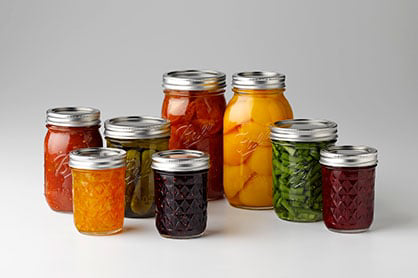To all my friends in Massachusetts, please vote no on question #5. I know an increase in minimum wage for servers sounds great but here are my very long-winded thoughts on this. Please hear me out!
I’ve worked pretty much every job in Food and Beverage, and the reality is that restaurants are not this giant money-making operation where owners are greedy and robbing their employees of real wages. I’ve been a chef for 25 years, I’ve waited tables, I’ve bartended, I’ve managed. I’ve run the numbers in numerous successful restaurants over the years. Here are some points on this legislation I would like to highlight:
- The average sit-down restaurant in the U.S. operates on a 3-5% gross profit margin annually. That means if you’re doing a million in sales, after all the overhead, wages, repairs, advertising, etc., the owners take home a whopping $30-50k. It’s not the goldmine people think it is.
- Restaurant employees, in general, do not make a lot of money. Although the market has shifted somewhat, it’s due to tight margins on food specifically. There’s more wiggle room in alcohol pricing, but food costs are so tight that raising wages without addressing these margins is nearly impossible without raising prices for customers.
- In every restaurant I have worked, servers and bartenders often bring home more in tips than the executive chef or management makes in a week. It’s not uncommon for servers to make $200 to $400 in a night of tips, far exceeding their base wage and putting them above many salaried kitchen staff and restaurant managers.
- Due to inflation, prices for food and other necessities have significantly increased over the past few years. For example, fryer oil that used to cost $30 now costs $70, and the price of a new refrigerator—essential to keeping food safe—has increased by 40%. These increased costs often eat into the restaurant’s overall profit. If menu prices fluctuated week to week by $10 based on costs, customers would be upset, and rightly so. Restaurants are often left absorbing these price hikes, further squeezing margins.
- Tipping incentivizes good service. I’ve seen this over and over again in every restaurant I’ve worked in. Servers who do the bare minimum earn less, while those who engage with customers, provide excellent service, and go above and beyond are rewarded. Sure, there will be the occasional bad table, but consistent effort usually pays off in higher tips, which helps offset the lower base wage.
- Raising base wages can have negative ripple effects on the restaurant industry. When wages increase but demand decreases—as we’re seeing now with people having less expendable income and eating out less—restaurants face enormous pressure to stay afloat. To survive, businesses are forced to raise prices, cut hours, or lay off workers. The end result is that fewer employees are left working harder to cover the same responsibilities, with no real improvement in their financial situation.
- Most people don’t leave the restaurant business because of low wages—they leave because of toxic leadership. In my 25 years, I’ve worked for many horrible bosses and only a few good ones. The truth is that alcoholism, drug addiction, and sexual harassment are rampant in the food and beverage industry. These problems create hostile environments that push people out, leading to high turnover and burnout, even among employees who might be making decent money.
- Dramatic price shifts in labor and the cost of goods get passed on to the customer. Let’s face it: People start businesses to make money. In Massachusetts, some seem to believe everything should be a charity. But consider this: if labor costs increase by 200% (as they would under this proposal), where is the incentive to keep running a business? If I raise prices to cover higher wages, in an already inflated economy, customers will simply stop coming. Restaurant owners can work 80+ hours a week just to make a 3-5% profit—most of which is often reinvested back into the business.
- Tip pooling creates inequities, not fairness. Some people advocate for mandated tip pooling to “share the wealth,” arguing that if one server brings home $250 a day while another brings in $100, it’s not fair. But in practice, tip pooling kills the incentive to provide excellent service. Why work harder to earn more tips if those extra earnings are going to be shared with everyone? This creates a workplace attitude of “If they’re not going to do it, why should I?” Ultimately, service quality suffers.
- The real issue at play isn’t just wages—it’s inflation, driven by poor economic policies. This wage debate misses the bigger picture. Inflation is robbing everyone—servers, bartenders, business owners alike. When the value of the dollar drops, it erodes everyone’s purchasing power. It’s not just restaurant wages that are affected; the entire economy feels it. The Federal Reserve, a private institution, controls the money supply and interest rates, inflating the currency to cover government spending. More dollars in circulation mean each one is worth less. In 1964, the minimum wage was $1.25, and our dimes and quarters were made of 90% silver. Today, that same $1.25 in silver quarters is worth $20.80 in melt value.
Wages may go up, but when inflation outpaces wage growth, people are actually worse off. The solution isn’t just raising wages; it’s addressing the root cause—inflation and monetary policy. Pressuring Congress to reform or end the Federal Reserve and return to sound money practices would stabilize the economy for everyone, not just in the restaurant industry. If we want to genuinely improve the lives of servers and bartenders, we need to address the underlying economic system that drives inflation and devalues their wages.





